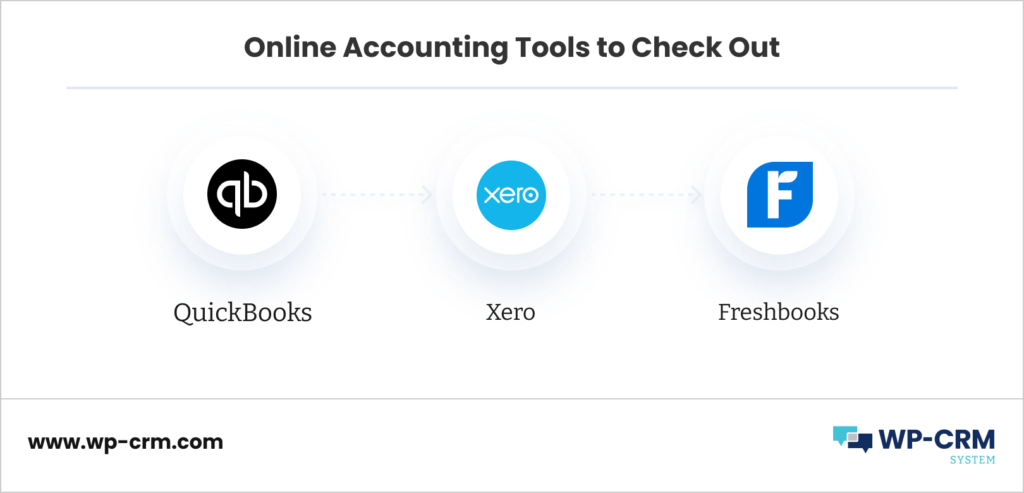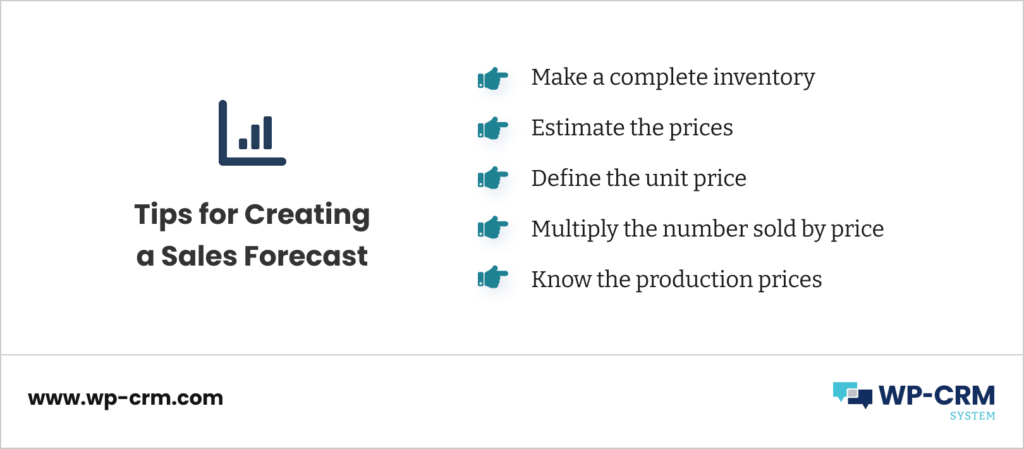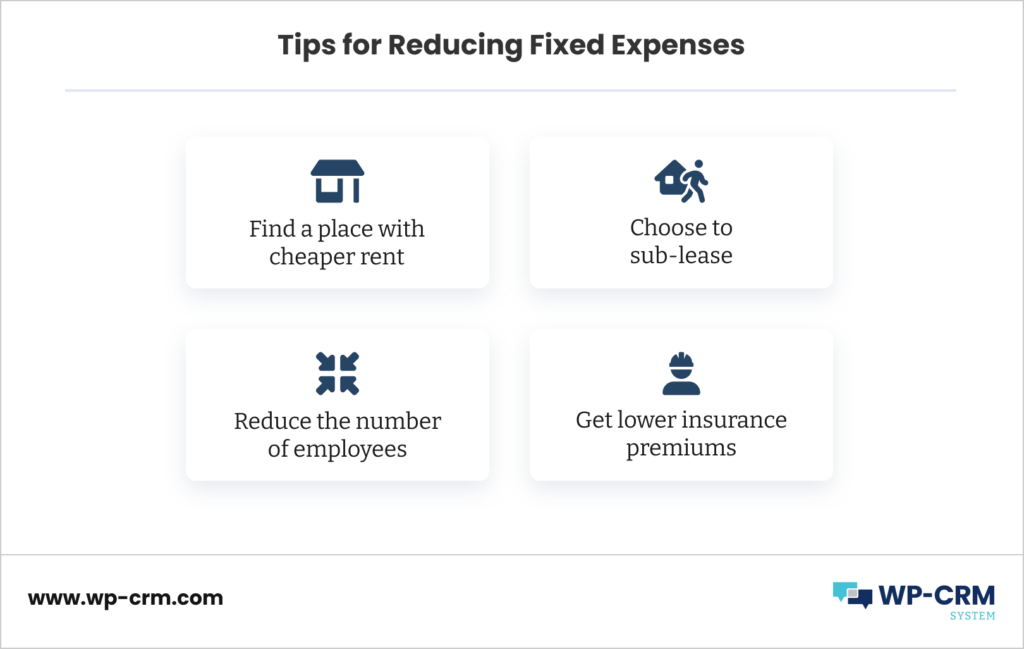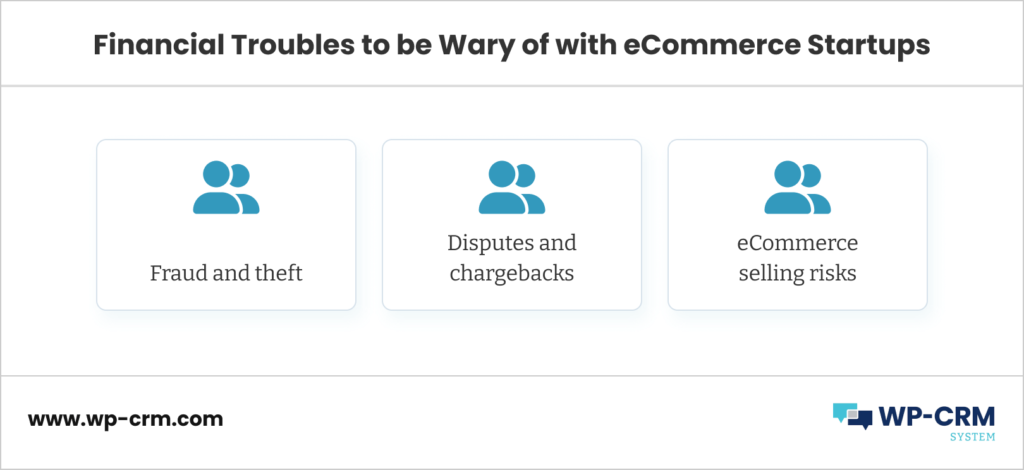Financial Planning for Your Small eCommerce Business
Starting a small eCommerce business requires a lot of research and patience. Entrepreneurs have to work on many things, including hiring the right people for the positions to be filled, determining the market to target, how to advertise, and of course, financial planning. Investing in an eCommerce startup means that business owners have to put their money and time into it, and making a long-term plan should be part of the process. Taking advantage of CRM software can help eCommerce startup owners manage their expenses and other financial concerns.
What is Financial Planning?
Financial planning is defined as developing both short and long-term monetary strategies to get the most out of the investment. It includes coming up with possible scenarios such as financial problems that may arise to identify solutions quickly. Budget planning may change from time to time, depending on the economy and the company’s current standing.
This article will talk about financial planning for small eCommerce business and the main points to consider when creating one.
Monitor the Budget
Keeping tabs on your spending is an integral part of financial planning. As a new entrepreneur, you might get overwhelmed with the expenses coming in your direction. It would be wise to hire an accountant to track all of the monetary aspects, but paying them every month can cost you a little more.
To start, you can consider using accounting software to track all of your spendings. Here are a few tools that you can check out:
- QuickBooks. This online tool allows new business owners to track their expenses, customize their invoices, and make financial reports.
- Xero. With Xero, you can easily monitor and pay your bills on time, claim your expenses, accept payments, manage inventory, calculate sales tax, and a lot more.
- Freshbooks. This tool offers a lot of features that can help eCommerce startups with their financial planning, including invoicing, tracking expenses and receipts, allowing online payments, creating financial reports, and a whole lot more.
These apps will cost you a bit of money, but it’s much cheaper than hiring an accountant. You can also get the free trial first to see which one will best suit your needs.

Create a Sales Forecast
As we mentioned, financial planning for small business consists of forecasting to ensure that you’d have a solution to a fiscal problem if ever the need arises. Start by creating a spreadsheet and foresee how your sales will go for about two to three years. Include three blocks on the spreadsheet: one for pricing, one for unit sales, another for multiplying units with the price for calculating the sales, one for the unit costs, and the last section should be for multiplying units with the unit cost to get the cost of sales. Doing this will help you calculate the gross margin, which is useful when comparing standard industry ratios.

Be Wary of Your Fixed Expenses
You don’t have to go big when managing an eCommerce startup. As an entrepreneur, you can opt to manage your business from the comfort of your own home. Once you have established your brand, you can consider putting up a physical office for your employees and inventory.
Additionally, as your business grows, you might need to expand and take things to a new level. If you feel like you need professionals to help your business develop, then consider doing that in the future. But for now, keep your fixed expenses to a minimum by saving your money for improving your products and services.
Here are other predictable and recurring costs that eCommerce business owners must be aware of:
- Employee’s salaries. If you decide to hire people to manage your eCommerce business, then you’d have to plan ahead when it comes to their monthly salaries. The bigger your brand gets, the more your need to hire new people increases.
- Fees when it comes to platforms. If you are using a platform to sell your products (i.e. eBay, Amazon, or Shopify), then you’d have to think about the fees that come with it. Additionally, you also have to think of hosting and domain expenses if you have your own website.
- Other software. Using CRM software to manage your eCommerce business will make the process a lot easier for you and your staff. However, you have to decide which plan you’re willing to pay for.
- Accounting and bookkeeping expenses. Accounting is one of the most tedious parts of every business, and just a single error can cause chaos. It would be wise to invest in the right accounting services rather than risk losing revenue because of careless mistakes.
- Utilities. You’d have to think about paying for the utilities even if you do not have a physical store. You’d be managing your online business round the clock, and this means that your internet and electricity bills will mount up.
- Advertising and marketing costs. Every business needs good marketing and advertising strategy in place. Pay-per-click and paid social media ads can easily rack up, so make sure to include these in your budget.

Identify and Manage Risks
Risk management is a vital part of every business. You have to prepare for the worst, so you’d know how to deal with it later on. The risk grows bigger as your company expands. Here are a couple of financial troubles that you have to be prepared of:
- Fraud and theft are something that no business owner wants to talk about, but they should be part of the financial planning. Consider where you can get emergency funds or how to deal with this situation if the need arises. Make sure to implement security tools that can prevent these types of issues from happening. For example, if you have an online store for guns, set up secure firearms payment processing – this will not only prevent fraud but also, it will boost customer trust and loyalty.
- Disputes and chargebacks. Refunds and returns belong to this category, and this can hurt your financial status. Some of your customers might claim that they have received a faulty product, while some might want a refund because the item is entirely different from what they expect. Double billings and non-authorized payments can also fall in this section.
- Make sure to educate yourself on the risks that come with eCommerce selling. Read up on policies and operational practices and consider talking to a lawyer, so you know your rights as a seller.
- Design a customer-friendly website to avoid disputes and chargebacks. The more detailed and secure your site is, the better.

Conclusion
Your first few weeks and months of being a fresh entrepreneur will keep you on your feet. Having someone to help you or getting a tool to aid you with the organization will keep you from getting confused. Financial planning for your small business should be included in your eCommerce startup checklist, so make sure to work on it as early as possible.
